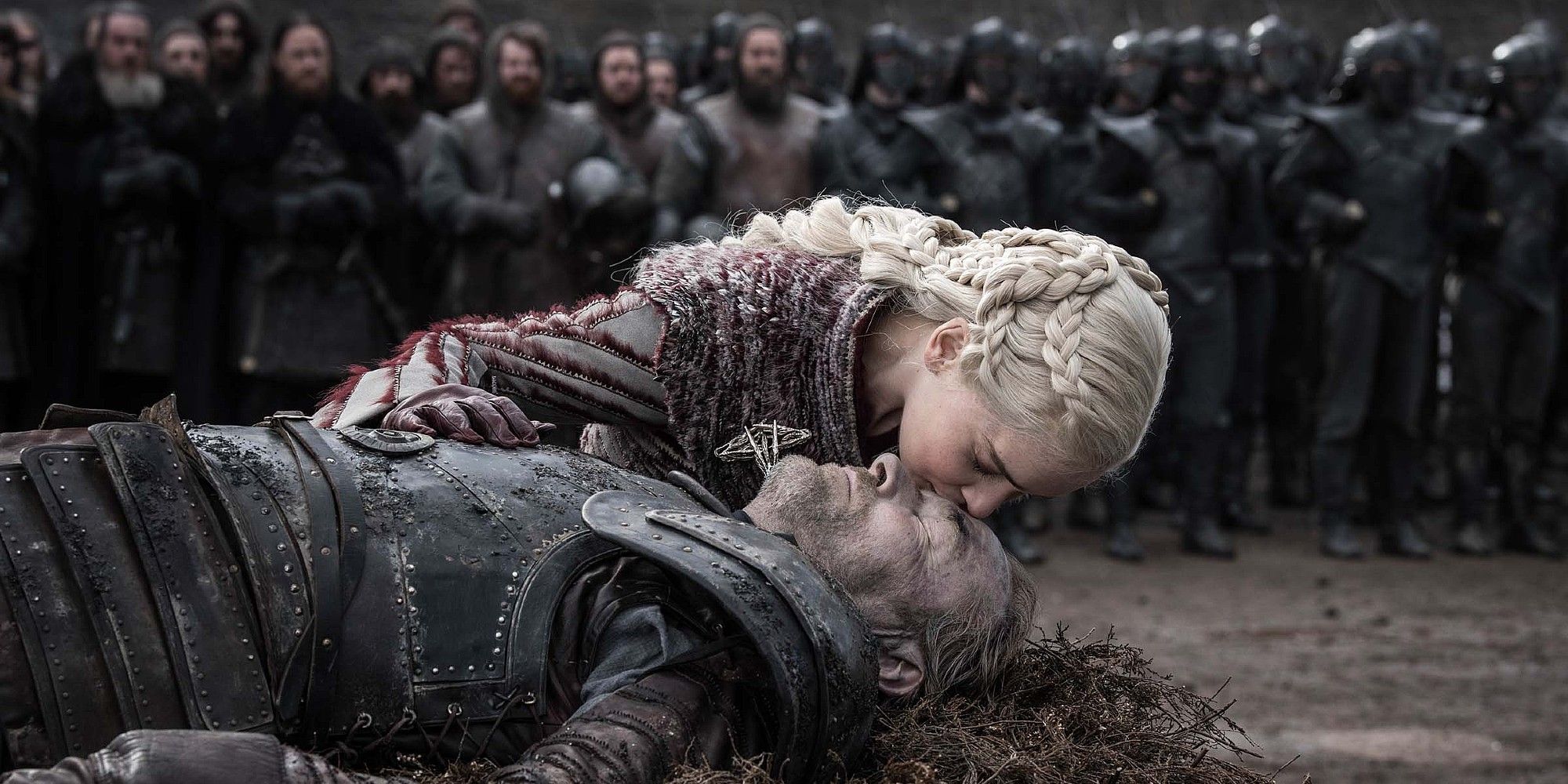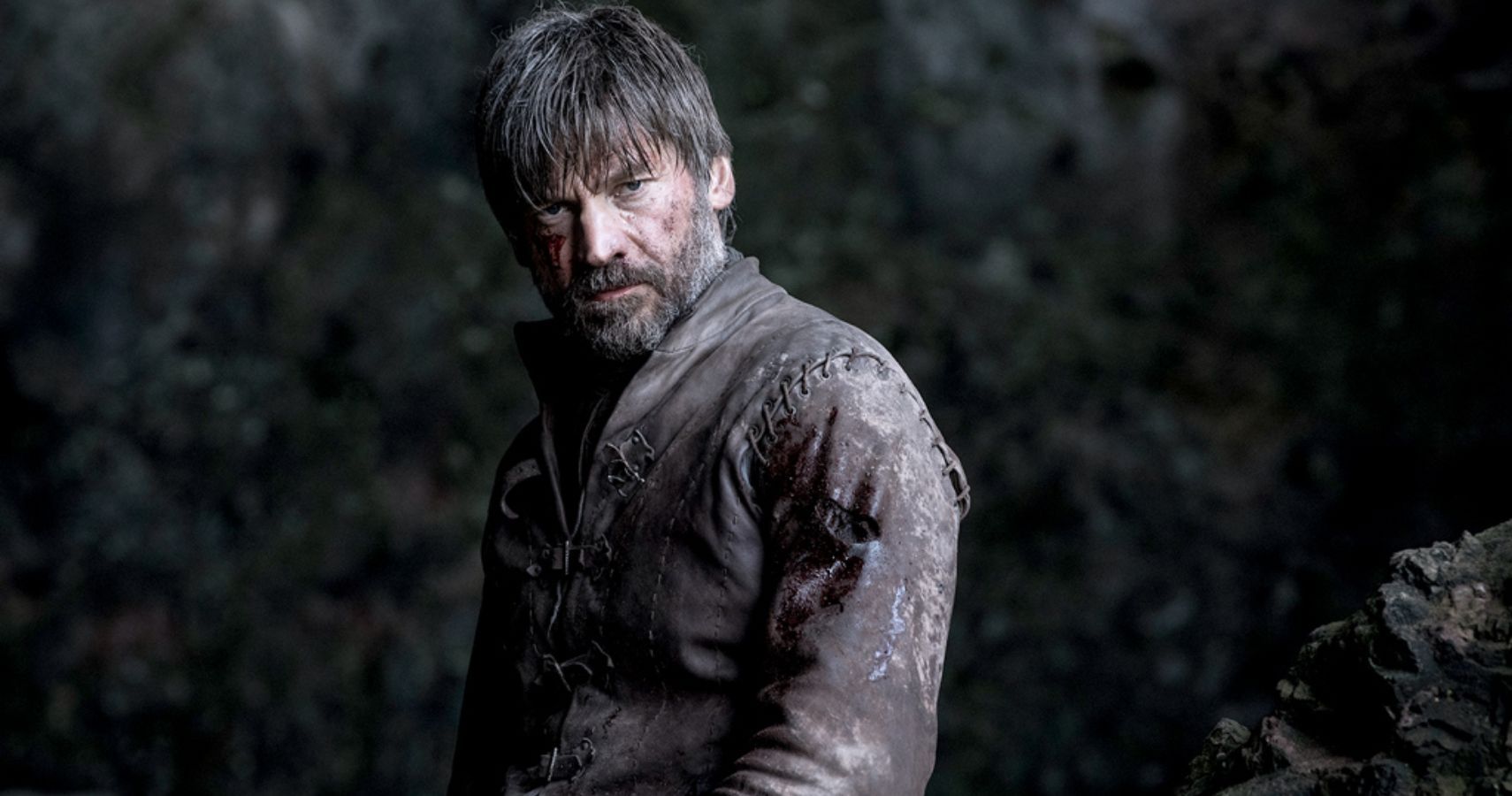For most of us, our favourite things are set when we're teenagers. At that point, we are at the ripest age for discovery, we haven't been turned cynical by the grinding gears of modern life, and our brains are still developing, still ready to be touched by magic. My favourite TV show is The Simpsons, a show I've been watching since I was ten years old. My favourite singer is Taylor Swift, who I've been following since her debut album, which was released when I was 13 (this is also Taylor's lucky number, presumably because she knows she is so lucky to have me as a fan). My favourite movie, Lost in Translation, came out when I was 11, but I didn't see it until I was 15 a few years later - the perfect age for it. There are few challengers to this reality. All of my other favourite movies either came out or were watched when I was a teenager. Taylor Swift is unlikely to ever be deposed. But a few years ago, Game of Thrones launched a serious attack on my childhood and threatened to usurp The Simpsons' seat on the throne. Sometimes I sit and wonder 'what on Earth happened?'.
In a few years from now, it will be difficult to explain to anyone not present to witness it live exactly what happened with Game of Thrones. It didn't have 'a bad ending', it's way more complicated than that. For four seasons, Game of Thrones put out some of the finest episodes television had ever seen - and it did it week after week, year after year. In the fifth and sixth season, it was great, just not at those impossibly high standards. Even then though, while it didn't quite have the consistency of, say, season three, it had some spectacular individual episodes. Hardhome, Mother's Mercy, The Door, The Broken Man, and Battle of the Bastards all emerged during the show's slump, which only proves how perfect the initial four year run was.
Then season seven appeared. At this point, George R. R. Martin's books ran out, and with no new one in sight, the show was left to wing it. There are rumours that part of the reason Martin's own work is delayed is because he isn't sure how to end it, and the television series only increased the spotlight on him further, but the fact is whenever we get the ultimate book ending, it will be very different to the TV show. Leaving aside any of the show's quality (more on that below), there are several characters who appear to be of grave importance in the narrative the book is weaving, but have been trimmed from the show entirely.
There seemed so much left to tell in the show, and yet season seven only had seven episodes, not the usual ten. Season eight, the final season, only had six. In years to come, outsiders might think the show ran out of money, the network losing faith and, as we often think of network executives, making the boneheaded decision to cancel our favourite shows out of penny-pinching greed. But that's not the case. The network was desperate for Game of Thrones to continue, hence why it immediately greenlit several prequels and spin-offs. The stars, too, were keen to stay on. While the biggest stars continued to get offers post-Thrones (Emilia Clarke in Star Wars and Marvel, for example), most knew Thrones was the pinnacle of their career. Even Clarke, who looks set for roles for years to come, never pushed to leave. Everyone wanted to stay. Everyone, it seems, except the showrunners themselves, who were eager to leave to begin other projects - projects that for a variety of reasons (some linked to GoT's implosion) did not materialise.
I don't want to take another swing at the showrunners here. The discussions around the ending of Game of Thrones were incredibly toxic, and it's past the time for pointing fingers. Instead, I just have to marvel at how quickly it completely disappeared. It didn't just have an ending that left many people disappointed, it completely disintegrated before our eyes. Previously smart, crafty, conniving characters were outwitted as the plot dictated, and spoke only in obvious exposition. A show that became famous for killing off fan favourites suddenly wrapped up its biggest stars in plot armour. The white walkers, who from the very first scene were established as the show's true threat while the kings and queens squabbled, were killed off with a single stab wound by a character who had previously had no contact or thematic link to them, and who silently jumped out of a tree despite having no way to get up there. Everything went to shit so severely that Game of Thrones was completely and utterly expunged from our collective cultural memories.
It was not just that people didn't like Dany becoming the villain. That could have worked as a story beat and feels very in-keeping with Game of Thrones as a whole. But the desire to wrap everything up neatly and hastily, the character development thrown out the window in the name of happy endings, and the complete nosedive in overall quality was so severe it took Game of Thrones from being a good show with a bad ending into being a bad television show full stop. Sure, the individual episodes are still great, but what's the point if it all unravels so completely? Game of Thrones could have been a show for the ages, and instead, just like Tyrion not appearing in the in-show novelisation of events despite being Hand to several rulers, as famous as he was infamous, and a key figure in many deaths, it will disappear without a trace. Part of me hopes the prequels are good, because the show deserves to be remembered. But mostly I wish they didn't exist, because the show deserves to be forgotten.

.jpg)

